…BIOS is doing pretty much the same thing as Neuralink — only in many respects better.
Elon Musk’s Neuralink wants to hack the brain – here are the European neurotechnology startups that are doing the same with a lot less funding.
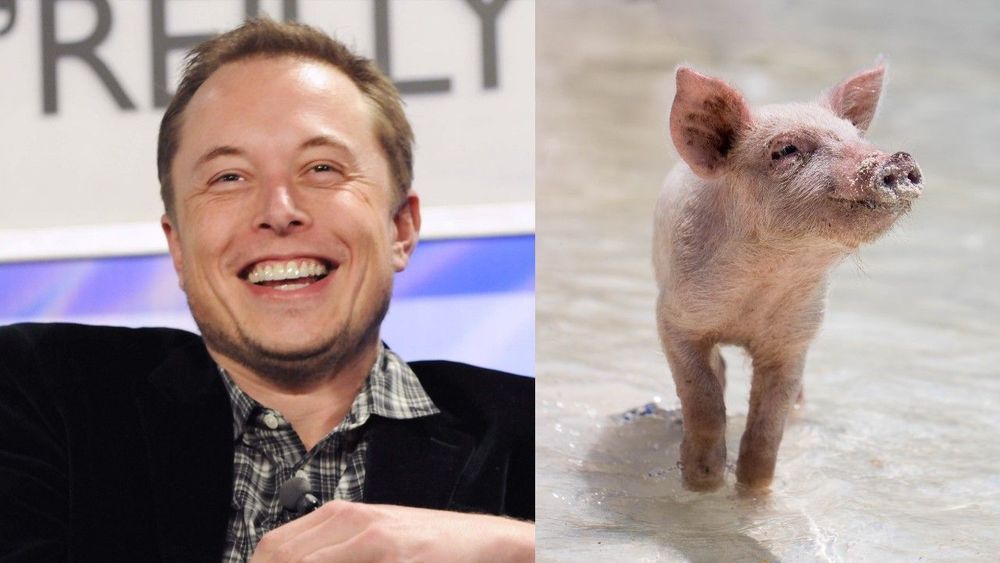
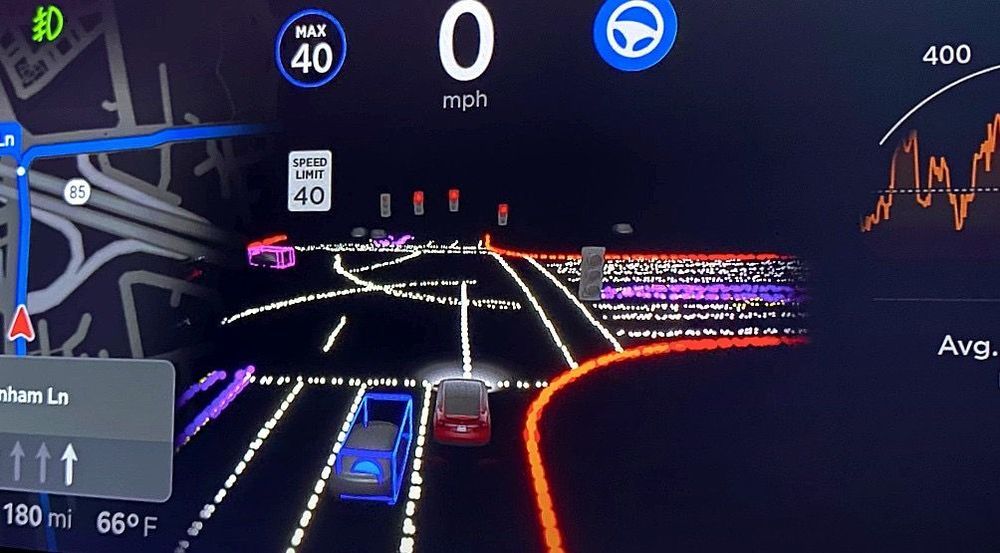
Elon Musk has extended his thanks to Tesla owners who received the company’s limited Full Self-Driving beta last week. The information Tesla is gathering from early access FSD beta testers will be invaluable as the company’s AI team continues to enhance and refine the EV automaker’s autonomous driving software.
The founder of Tesla Owners Club Vancouver Islands James Locke asked Elon Musk about his view on the content early access FSD testers were sharing. “Yes, very helpful,” said the Tesla CEO. “Thanks to all beta testers.”
Last week, Musk announced that Tesla plans to roll out the FSD beta to the general public later this year. Tesla will need all the information it can get to make sure that the full release of the Full Self-Driving beta goes smoothly.

“In a breakthrough study published on February 19th in Nature Biomedical Engineering, researchers connected neural dust implants reduced to 1.7 cubic millimeters to rat sciatic nerves. The implanted device, called the StimDust system, consisted of very few components, which will be scaled down for future applications. A piezoceramic ultrasonic transducer generated power allowing for wireless communication and stimulation. A capacitor stored any excess energy generated from ultrasonic beams. Bipolar stimulating electrodes directly interfaced with the nerve while a cuff attached to a small circuit-board allowed the device to adhere physically to the nerve. These components were sufficient to generate or record nerve-impulses. In anesthetized rodents, they elicited muscular contractions with the StimDust system.”
While Neuralink, Elon Musk’s startup-venture focused on creating a brain-computer interface, garners lots of coverage in the biotechnology space, other bioelectronics ventures continue innovating in this space.
iota Biosciences, a spin-off company from UC Berkley formed in 2017, made news two years ago by securing $15 million in Series A funding and again last year announcing a partnership with Astellas Pharma Inc. Bolstered by studies in rodents, iota Biosciences advances towards their vision. In a press release on their partnership, founders Jose Carmena and Michel Maharbiz commented:
We envision a future in which our ultra-small implantable devices will be used in combination with, or as an alternative to, conventional diagnostics and therapies. Through our collaboration with Astellas, we expect to make our innovative technologies available to patients around the world.
Carmena and Maharbiz are right on track, winning the prestigious 2017 McKnight Technological Innovation in Neuroscience Award. While electric stimulation devices for the heart, cochlea and brain already exist, Carmenas and Maharbiz recognized the key limitations of existing technologies.

Rock-climb without fear. Play a symphony in your head. See radar with superhuman vision. Discover the nature of consciousness. Cure blindness, paralysis, deafness, and mental illness. Those are just a few of the applications that Elon Musk and employees at his four-year-old neuroscience company Neuralink believe electronic brain-computer interfaces will one day bring about.
None of these advances are close at hand, and some are unlikely to ever come about. But in a “product update” streamed over YouTube on Friday, Musk, also the founder of SpaceX and Tesla Motors, joined staffers wearing black masks to discuss the company’s work toward an affordable, reliable brain implant that Musk believes billions of consumers will clamor for in the future.
“In a lot of ways,” Musk said, “It’s kind of like a Fitbit in your skull, with tiny wires.”
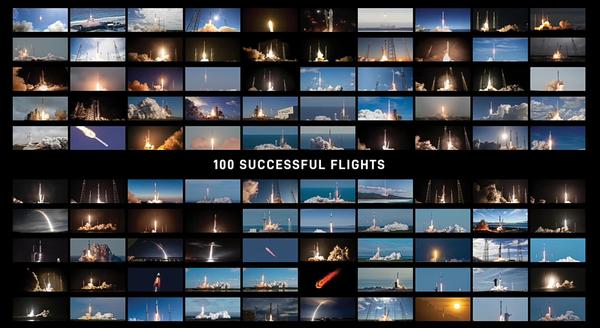
SpaceX is a leader in aerospace innovation. The company was founded by Elon Musk in 2002 with the ultimate mission to make life multiplanetary. For over a decade, SpaceX teams have worked to develop technologically advanced rockets and spacecraft. Developing rockets comes with many challenges. SpaceX had a couple of failed missions in the early days. The company went from almost not making it to orbit to returning human spaceflight capabilities to the United States in 2020.
The company’s first rocket, Falcon 1, failed to attain Earth orbit three times: in March 2007 and August 2008, but in September 2008 SpaceX became the first American private company to send a liquid-fueled rocket into orbit. Despite the challenges, SpaceX pushed through until the fourth rocket launch reached orbit. A fourth failure “would have been absolutely game over,” Musk said at the International Astronautical Congress conference in 2017. “Fortunately, the fourth launch, which was … the last money that we had for Falcon 1 –that fourth launch worked. Or it would have been… that would have been it for SpaceX,” he said. The company was able to land a government contract from NASA when it reached orbit.
SpaceX then worked to develop an improved version of the rocket. In 2010, the company launched the Falcon 9, powered by nine Merlin 1D engines. Falcon 9 was designed so that its first-stage could be reused. Other companies use expendable rockets. SpaceX engineers accomplished developing the world’s first orbital-class rocket capable of returning from space to perform a controlled landing powered by its engines. Falcon 9 is capable of launching payload to orbit and landing soon after liftoff. In 2015 a Falcon 9 first-stage booster returned to Earth near its launch site for the first time, after several explosive landings (video below).
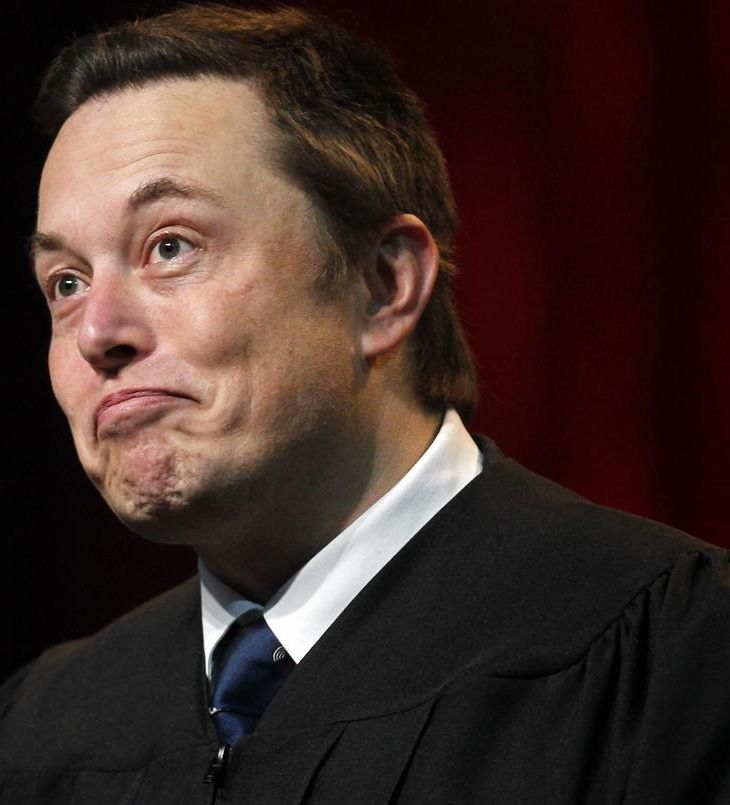
Morgan Stanley, the New York-based investment bank, has nearly doubled its valuation of Elon Musk’s rocket company SpaceX, from $52 billion in July to over $100 billion, it said in a research note issued Thursday. The bank’s so-called “bull case”–its absolute best-case scenario–puts SpaceX at a value above $200 billion.
The investment bank says that SpaceX’s Starlink internet-from-satellites service has driven a near $50 billion increase in the rocket company’s value since July. Forbes is sticking with investors’ more conservative valuation.
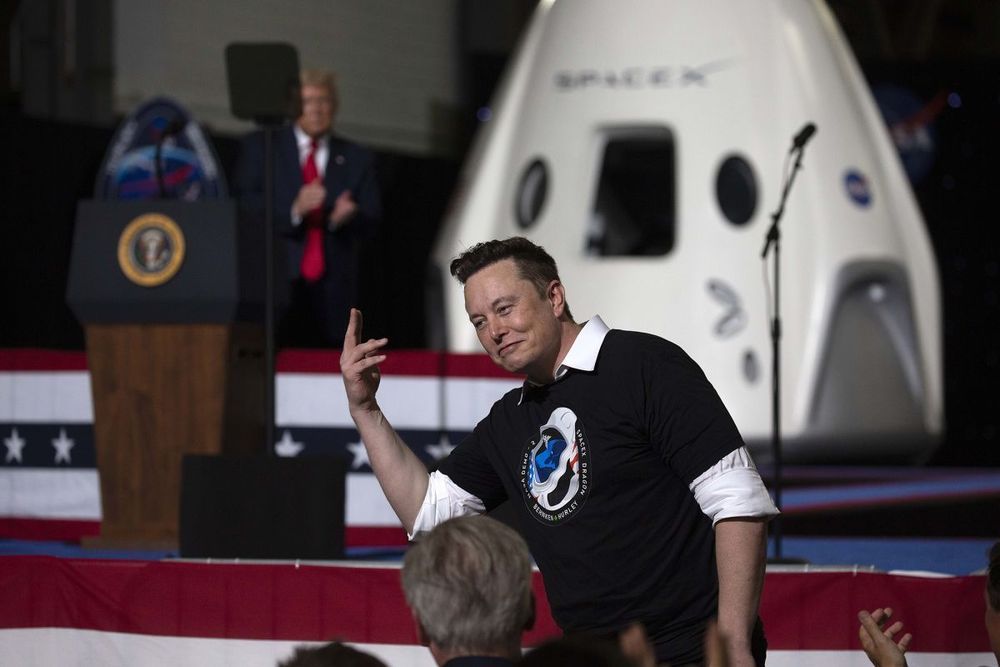
In the 2013 science fiction film “Elysium” starring Matt Damon, Earth’s wealthiest 0.01% move to the ultimate gated community, a luxurious orbiting space colony, leaving a poverty-stricken humanity to fend for themselves on a ravaged planet.
Interestingly, it is indeed some of today’s 0.1% who are leading the way into space to build communities beyond Earth. However, quite the opposite of the movie, their goals are of the highest order, from democratizing access to space by lowering costs, to creating new products and ideas, to helping save the planet and opening space to future generations.
Yet, given the effects of the coronavirus pandemic, social justice and green movements, even as entrepreneurs like Elon Musk, Jeff Bezos and Richard Branson spend billions to support a human breakout into space, there is a backlash building that holds these projects as icons of extravagance — even as their work may help save the Earth. This is the “Elysium effect.”
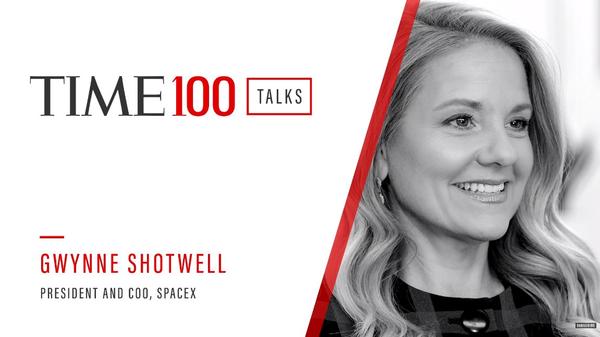
TIME featured SpaceX President and Chief Operating Officer Gwynne Shotwell as one of the ‘100 Most Influential People of 2020’. SpaceX was founded by Elon Musk in 2002 to make life multiplanetary. Shotwell is responsible for day-to-day operations at the aerospace company that aims to colonize Mars before the year 2050. She has a vital role in company growth. Under her leadership, SpaceX has accomplished launching the first NASA astronauts to the International Space Station aboard the Crew Dragon spacecraft this year.
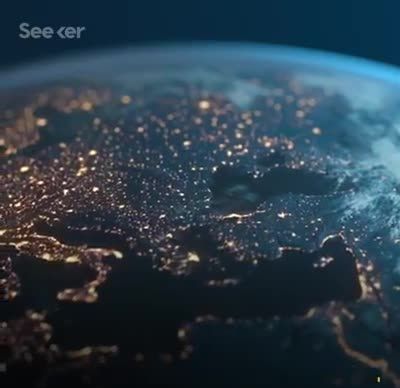
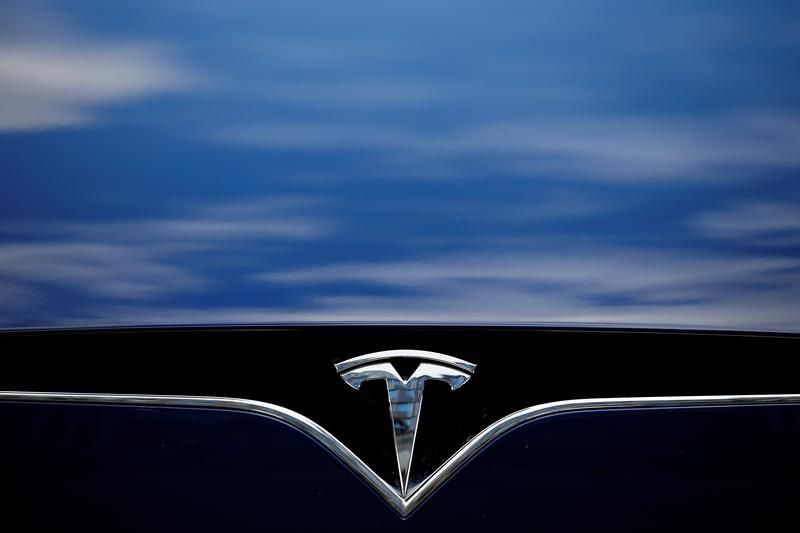
(Reuters) — India’s richest state Maharashtra has invited U.S. electric-car maker Tesla Inc, weeks after its Chief Executive Officer Elon Musk suggested entering the country next year.
In a tweet here on Thursday, state tourism and environment minister Aaditya Thackeray said he and industries minister Subhash Desai held a video call with Tesla executives earlier in the day to invite them to the state.
Earlier this month, Musk said “Next year for sure” on Twitter in reply to a post with a photograph of a T-shirt with the message: “India wants Tesla”.